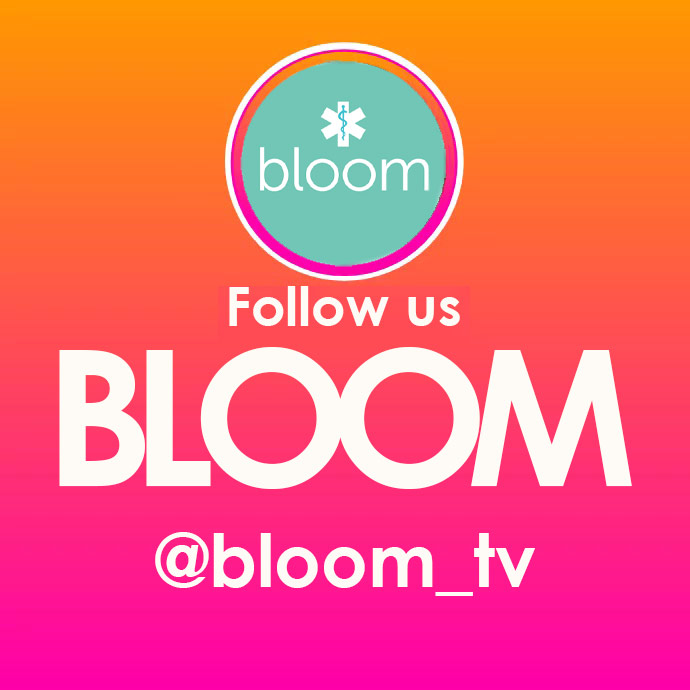TAMPA BAY, Fla (BLOOM) – In today’s competitive job market, the concept of entry-level jobs has undergone a significant transformation. Traditionally, these positions were designed to welcome fresh graduates and individuals with minimal work experience, offering them a chance to learn and grow within an organization. However, the landscape has changed, and the barriers to entry-level jobs have risen substantially.
Changing Job Market Landscape
The global economy has witnessed remarkable changes over the past few decades, thanks to advancements in technology and increased globalization. The impact on the job market has been profound, with entry-level positions now facing fierce competition from candidates worldwide. According to a report by the World Economic Forum, approximately 1.8 billion people will enter the global workforce by 2030. This influx of job seekers has led employers to become more selective in their hiring processes, setting higher standards for entry-level applicants.
Rising Educational Requirements
One of the most significant contributors to the rising barriers in entry-level jobs is the shift towards higher educational requirements. Many job postings that were once open to high school graduates or individuals with associate degrees now specify a minimum requirement of a bachelor’s degree or even higher. A study by Georgetown University’s Center on Education and the Workforce found that 70% of jobs in the United States now require a postsecondary education.
Employers often justify these requirements by citing the need for more skilled and qualified workers in today’s complex and technologically driven workplaces. However, this trend may inadvertently exclude talented individuals who lack access to higher education or face financial constraints in pursuing advanced degrees.
Evolving Skill Set Demands
In addition to higher educational qualifications, employers now seek a more diverse and expansive set of skills from entry-level applicants. Beyond technical competencies, employers place a strong emphasis on soft skills such as communication, teamwork, and adaptability. A survey by the National Association of Colleges and Employers (NACE) revealed that 80% of employers prioritize these soft skills when evaluating entry-level candidates.
Furthermore, with automation and artificial intelligence reshaping industries, digital literacy and data analysis skills have become crucial for entry-level job seekers. The demand for a well-rounded skill set can make it challenging for recent graduates to meet all the requirements, leading to a mismatch between job demands and available talent.
The Influence of Internships and Work Experience
Internships were once seen as learning opportunities for students to gain practical experience before entering the workforce. However, they have now transformed into a prerequisite for many entry-level jobs. According to the National Association of Colleges and Employers, 95% of employers prefer candidates with work experience, while 65% of companies convert their interns into full-time hires.
This shift creates a Catch-22 situation for new graduates who need experience to secure an entry-level job but require an entry-level job to gain experience. This exclusionary practice perpetuates inequality, favoring students from privileged backgrounds who can afford to work unpaid or low-paid internships to build their resumes.
Employer Expectations and Wage Stagnation
While employers demand more from entry-level applicants, the wages offered for these positions have not kept pace with inflation. A study by the Economic Policy Institute found that, adjusting for inflation, the median hourly wage for recent college graduates declined by 7.9% between 2000 and 2019.
The combination of rising expectations and stagnant wages creates a disheartening reality for job seekers, potentially leading to decreased job satisfaction and decreased motivation among the entry-level workforce.
Diversity and Inclusion Challenges
The rising barriers in entry-level jobs can have a disproportionate impact on underprivileged individuals and marginalized communities. For instance, students from low-income families may struggle to meet the financial demands of higher education, hindering their access to better job opportunities. Additionally, individuals from diverse backgrounds may face implicit biases during the hiring process, further limiting their chances of securing entry-level positions.
Promoting diversity and inclusion in entry-level hiring is not only a matter of social justice but also essential for building diverse and innovative workplaces that thrive in a globalized world.
The Role of Technology in Hiring
Automation and AI-driven applicant tracking systems are increasingly prevalent in the hiring process. While these technologies can streamline recruitment, they also bring challenges related to bias and fairness. AI algorithms might inadvertently favor candidates from certain backgrounds, perpetuating systemic inequalities[^6].
Employers must balance the convenience of technology with human judgment to ensure a fair and inclusive selection process for entry-level positions.
Solutions and Recommendations
Addressing the rising barriers in entry-level jobs requires a collaborative effort from various stakeholders. Some potential solutions and recommendations include:
- Encouraging employers to provide more on-the-job training opportunities to bridge the experience gap for entry-level candidates.
- Advocating for diverse and inclusive hiring practices that promote equal opportunities for all applicants.
- Promoting educational reforms to align with the changing job market demands, including strengthening vocational and technical training options.
- Supporting career development programs and mentorship initiatives to help recent graduates navigate the job market successfully.
The transformation of entry-level jobs and the rising barriers to these positions reflect the evolving needs of employers and the job market. As educational requirements and skill set demands increase, it becomes crucial to address the implications of these changes for job seekers and the workforce at large. By fostering inclusive hiring practices and providing equal access to opportunities, we can build a more equitable and sustainable job market that benefits individuals from all walks of life.
References:
- World Economic Forum, “The Future of Jobs Report 2020,” https://www.weforum.org/reports/the-future-of-jobs-report-2020
- Georgetown University, Center on Education and the Workforce, “Recovery: Job Growth and Education Requirements Through 2020,” https://cew.georgetown.edu/cew-reports/recovery-job-growth-and-education-requirements-through-2020/
- Dastin, J., & Baer, D. (2018). “Amazon scraps secret AI recruiting tool that showed bias against women,” Reuters, [https://www.reuters.com/article/us-amazon-com-jobs-automation-insight-idUSK
















